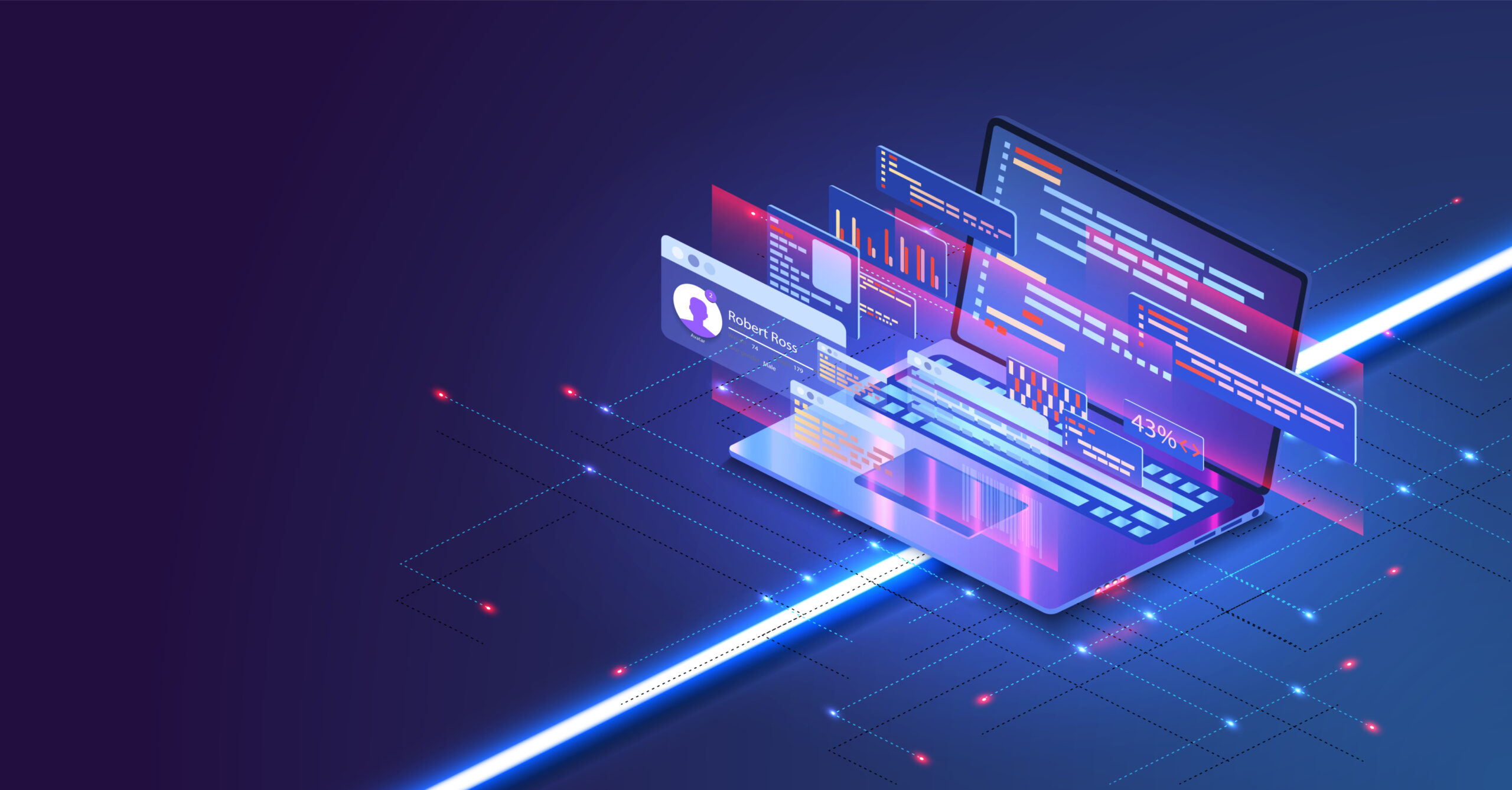Technologies
Artificial Intelligence: Should Web3 Founders Embrace it?
5 Sep 2023

Artificial Intelligence has reached a point that so closely mimics human intelligence that a Matrix existence is no longer a far-off fantasy. We are building machines that are both similar to us and smarter than us.
So how do we avoid getting stuck in the Matrix? Blockchain might just be the perfect antidote.
AI as it exists right now is a store of untraceable centralized data bearing immense power. The problem with AI is that there is no real system for accountability or traceability. AI teachers remain anonymous, and the trail of information learned is buried under millions or even billions of data points across the globe.
In the current state of affairs, bad actors could easily take advantage of anonymity and create AI scam machines, deep fake schemes, and teach AI machines poor conduct and deceitfulness. On the other hand, good actors who are contributing to the growth of these machines are not being rewarded accordingly.
Imagine if AI were controlled by a decentralized network based on blockchain. Blockchain is built to infuse an unprecedented level of transparency, decentralization, and traceability into digital transactions. ‘Transactions’ are not just monetary; data and information transactions can be made equally transparent on blockchain. Distributed ledgers also ensure that there is no single point of entry, exit, or failure, and the source of a bad AI could be detected, traced, and the bad actor, held accountable.
But it’s not just AI that would benefit from Web3, AI capabilities have a lot to offer Web3 projects. Here are a few examples:
Security
AI-powered threat detection and anomaly recognition can bolster Web3 security. AI algorithms scan the blockchain for suspicious activities, detect potential attacks, and trigger automated responses, all without central control.
Scalability and Efficiency
AI can help optimize and scale dApps by automating processes and improving resource allocation. For example, AI-driven load balancing can ensure that dApps perform efficiently even during periods of high traffic.
Content Moderation and Compliance
AI content moderation tools can help filter out illegal or inappropriate content, ensuring that Web3 communities remain safe and compliant with regulations.
Data Analysis and Insights
Web3 projects generate vast amounts of data on the blockchain. AI analytics can extract valuable insights from this data.
The current reality is that AI products on the market are not yet fully compatible with the decentralized values of web3, and unless you plan to launch a native decentralized AI initiative (not a bad idea), you may need to compromise on web3 values. AI integrations should be implemented with caution and transparency: once you allow 3rd party, centralized AI tech into your product, data is no longer private. It’s important to convey this transparently to your users
So, how can founders take advantage of the benefits of AI in its current state, and is it worth it? The short answer is it depends on the nature of your product. Some products can benefit more from AI than others.
AI has already left an indelible mark on various industries:
• Healthcare: AI diagnostic tools, medical query chatbots, AI drug discovery.
• Finance: market trend predictions, fraud detection, risk assessment.
• E-commerce: recommended products based on user behavior.
• Transportation: predictive maintenance, autopilots, self-driving capabilities.
• Entertainment: content curation and suggestions.
• Education: adaptive learning platforms.
Should the benefits be far-reaching in the case of your product, you may choose to explore existing AI integrations, or develop your own.
If AI is powering a major aspect of your product, you should consider developing your own, decentralized version. If AI is player a more minor role, ask yourself if it is really necessary to your product, if yes, then an integration may be your best bet.
Another possibility, especially if your product is in its infancy, is that a decentralized AI service may be market-ready when the time comes to launch yours. Stay dynamic and current on new products and emerging solutions in the space.
There are a number of ways to develop AI solutions for the decentralized space, here are a few:
Federated Learning
Federated Learning is a decentralized AI training approach where models are trained on distributed data sources. Instead of centralizing data in one location, the AI model travels to the data sources, learns locally, and then aggregates knowledge. This approach respects user privacy and aligns with Web3 principles.
Blockchain-Based AI
Blockchain-based AI platforms could leverage blockchain’s secure and transparent nature to build AI models with an auditable and tamper-proof record.
AI DAOs
AI DAOs might combine the principles of decentralized governance with AI development, allowing communities to collectively make decisions about AI model development, data usage, and more.
Data Marketplaces
Web3 startups can create decentralized data marketplaces where users retain ownership and control of their data. AI developers can access this data through smart contracts, compensating users for their data contributions.
Of course, in the most basic sense, AI can be used to expedite the creation and development of your project and even product. Although relying on AI tools (especially paid ones or those that harvest your data) is not advisable, Chat GPT can be a trusty assistant without a paycheck (although you get what you pay for 😆). Obviously, AI chatbots are not enough, but they can help organize thoughts and ideas and even write you some code, translate materials, QA your code for bugs, etc.
Since AI has been deemed “the next big thing” by media, social media, and influential individuals, venture capitalists may be more likely to support projects with AI elements, but it’s definitely not a make-it-or-break-it deal. Don’t force AI into a product just to attract VCs: they’re programmed to catch those types of bluffs. However, if AI is an integral part of your product, it may give you an edge. There is more to attracting VCs than just buzz words. Check out our pitch deck survival guide for the full low-down.
Here are some projects currently working on connecting the world of AI to blockchain.
Numerai is a hedge fund built on Web3 principles. It leverages AI to make financial predictions and rewards data scientists with its native cryptocurrency, Numeraire. Numerai’s unique approach combines the power of AI with decentralization to create a collaborative, crowd-sourced hedge fund.
Ocean Protocol is a decentralized data exchange protocol that allows individuals and organizations to share and monetize data while maintaining control and privacy. It employs AI for data curation and incentivizes data sharing through blockchain-based rewards.
Fetch.ai is building an open-source, decentralized machine learning network that enables AI agents to collaborate and provide services. It combines AI with blockchain to create decentralized economies of the future.
In the rapidly evolving tech landscape, embracing Artificial Intelligence is not a matter of ‘if’ but ‘how’, or ‘when’, and there is no doubt that its future connection with blockchain products and ecosystems has the potential to create a formidable force empowering humanity to take its next leap forward.


